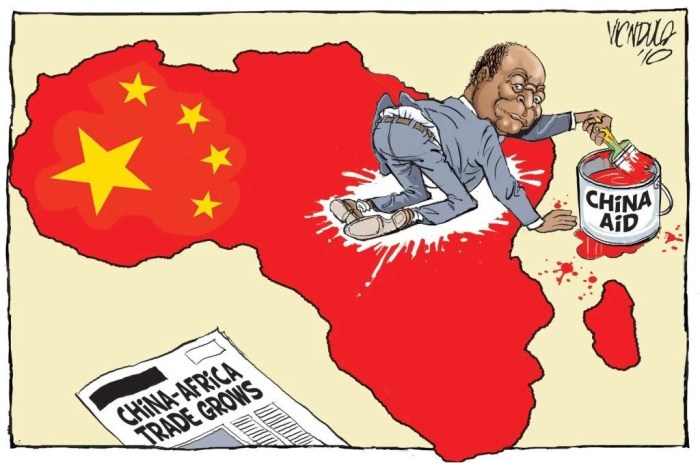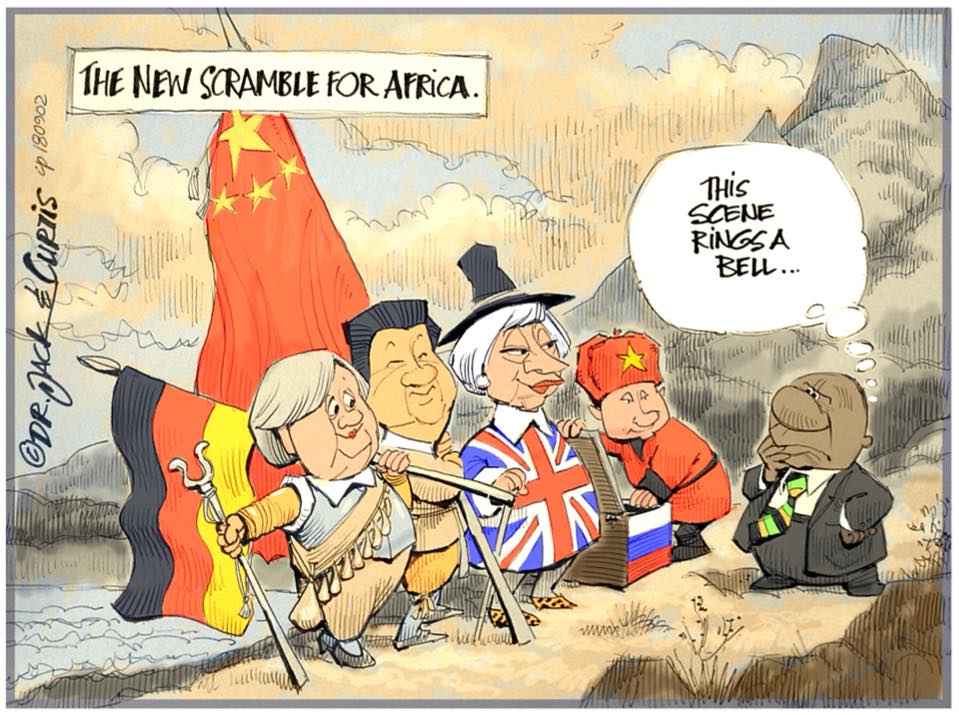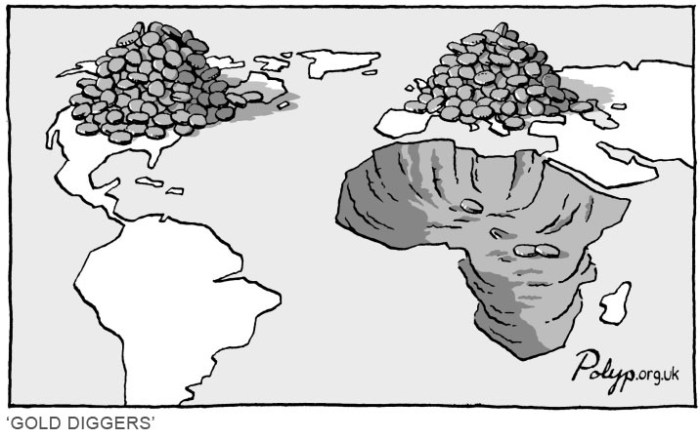Political cartoons scramble for africa – Political Cartoons: Unmasking the Scramble for Africa invites readers to delve into a captivating exploration of the European powers’ race to colonize Africa in the late 19th century. Through the lens of satirical imagery and biting wit, political cartoons provide a unique window into the public’s perception of this pivotal historical event.
This article delves into the motivations, strategies, and consequences of the scramble for Africa, examining how political cartoons shaped public opinion and continue to inform our understanding of this complex period.
Historical Context of the Scramble for Africa
The Scramble for Africa, a period of intense European colonization of Africa, was driven by a complex interplay of political, economic, and social factors. The rise of nationalism and imperialism fueled a desire for territorial expansion and global dominance among European powers.
Industrialization created a demand for raw materials and new markets, leading to a race for control of African resources. Moreover, social Darwinism and the belief in European superiority justified the colonization of Africa as a mission to “civilize” and modernize the continent.
Key Players in the Scramble for Africa
The major European powers involved in the Scramble for Africa included Great Britain, France, Germany, Portugal, Italy, and Belgium. Each power had its own motivations for colonization, ranging from economic exploitation to strategic military outposts. The period was marked by a series of diplomatic agreements and military campaigns, with the Berlin Conference of 1884-1885 serving as a pivotal event in dividing up the continent.
- Great Britain: Focused on securing control of major trade routes and strategic territories, such as Egypt, South Africa, and Kenya.
- France: Aimed to expand its empire in West and Central Africa, establishing colonies in Algeria, Senegal, and the Congo.
- Germany: Entered the race late but acquired significant territories in East and Southwest Africa, including Tanganyika and Namibia.
- Portugal: Maintained its long-standing colonies in Angola and Mozambique, while also claiming territories in Guinea-Bissau and Cape Verde.
- Italy: Sought to establish a colonial empire in the Horn of Africa, particularly in Eritrea and Somalia.
- Belgium: Under the leadership of King Leopold II, established a private colony in the Congo, known for its brutal exploitation of natural resources and human rights abuses.
Political Cartoons as a Reflection of Public Opinion

Political cartoons played a significant role in shaping public opinion about the Scramble for Africa. They provided a satirical and critical lens through which the motives and consequences of European colonization were examined. Cartoons often employed symbolism, metaphors, and humor to expose the hypocrisy, greed, and violence associated with the scramble.
- Depictions of European powers as predators or imperialists, devouring or dividing up Africa.
- Use of caricatures to portray African leaders as helpless or inferior, justifying European intervention.
- Satirical commentary on the economic exploitation of African resources, such as the Congo Free State’s brutal rubber trade.
Comparison of Political Cartoons from Different Perspectives: Political Cartoons Scramble For Africa

Political cartoons from different European countries and African perspectives offer a range of viewpoints on the Scramble for Africa. European cartoons often reflected a sense of superiority and entitlement, while African cartoons expressed resistance and criticism of colonialism. Comparing these cartoons provides insights into the cultural, political, and social values of the time.
- British cartoons: Portrayed Africa as a “dark continent” in need of European civilization, often depicting Africans as childlike or savage.
- French cartoons: Emphasized the role of France as a “civilizing force,” highlighting its cultural and economic contributions to Africa.
- German cartoons: Showed a mix of admiration for German imperialism and criticism of other European powers’ colonial practices.
- African cartoons: Denounced European colonialism as a form of oppression and exploitation, emphasizing the suffering and resistance of African peoples.
Legacy of the Scramble for Africa

The Scramble for Africa had a profound and lasting impact on the political, economic, and social development of the continent. The arbitrary borders drawn by European powers led to conflicts and tensions that continue to shape African politics today. The exploitation of resources and the imposition of colonial rule left a legacy of economic underdevelopment and social inequality.
However, the scramble also sparked African nationalism and resistance movements, leading to the eventual decolonization of the continent.
- Political instability and conflicts due to artificial borders and ethnic divisions.
- Economic dependency and underdevelopment resulting from the extraction of resources and disruption of traditional economies.
- Social inequalities and discrimination based on race and colonial hierarchies.
- Rise of African nationalism and anti-colonial movements, culminating in the independence of African nations.
User Queries
What were the primary motivations for the scramble for Africa?
The scramble for Africa was driven by a complex interplay of factors, including economic competition, nationalistic ambitions, and the search for new markets and resources.
How did political cartoons reflect the public’s perception of the scramble for Africa?
Political cartoons often depicted European powers as aggressive and exploitative, while portraying African nations as victims of colonial ambitions.
What is the legacy of the scramble for Africa?
The scramble for Africa had a profound and lasting impact on the political, economic, and social development of the continent, shaping its borders, economies, and political systems.